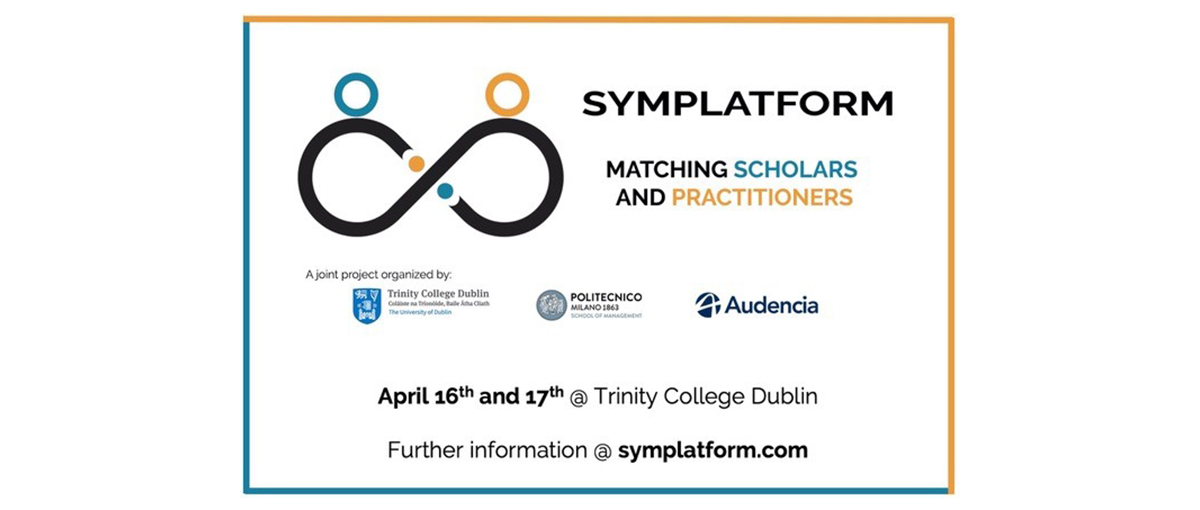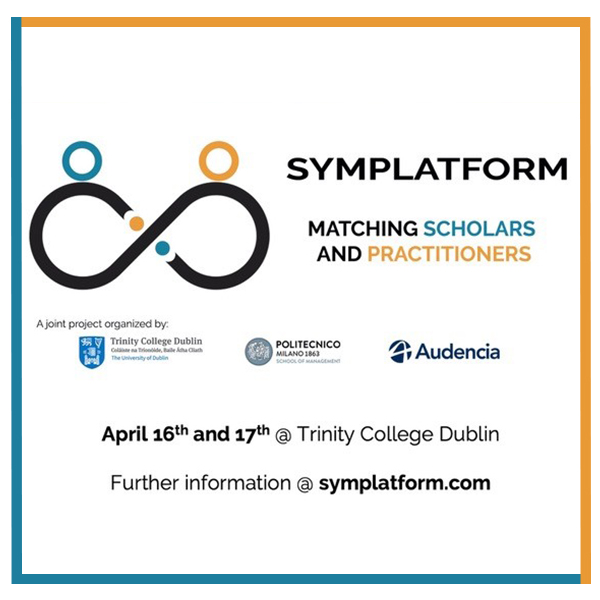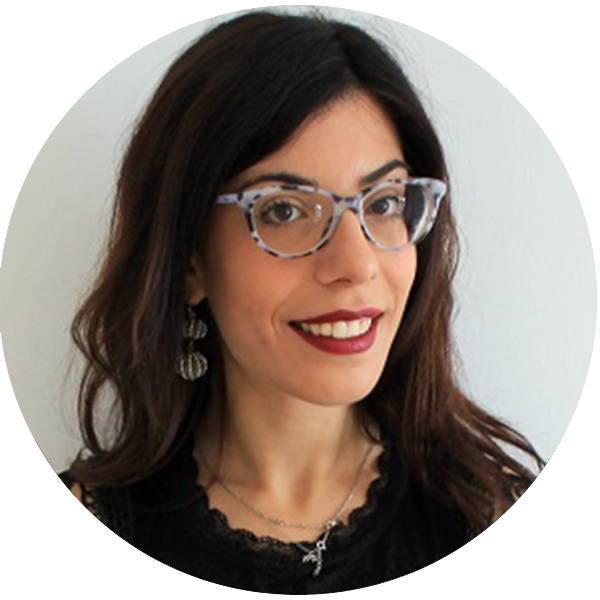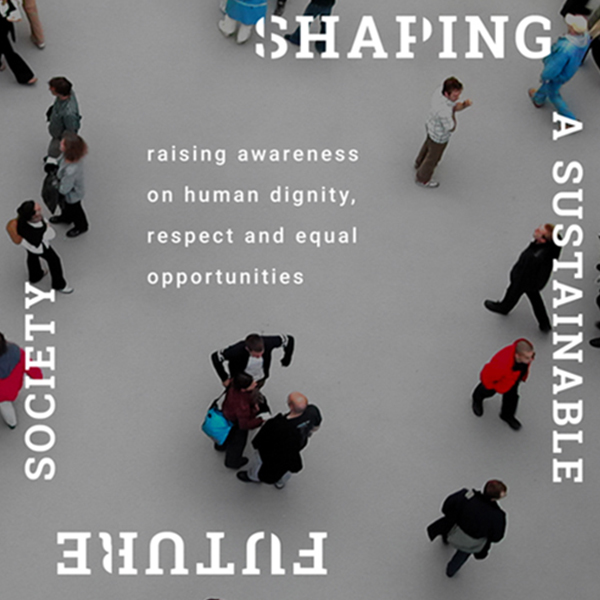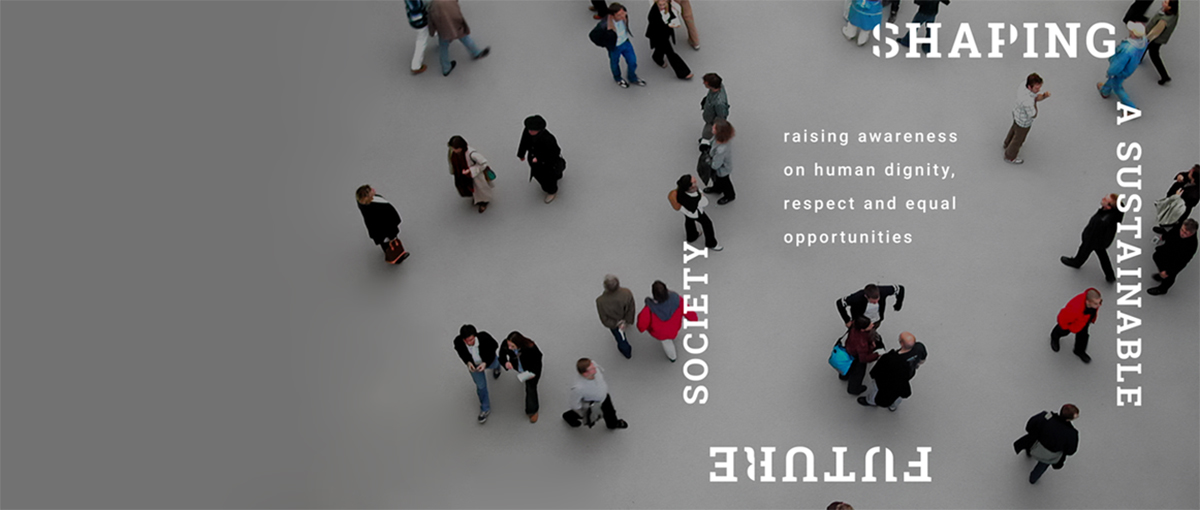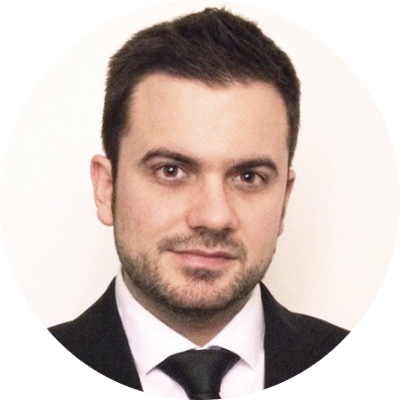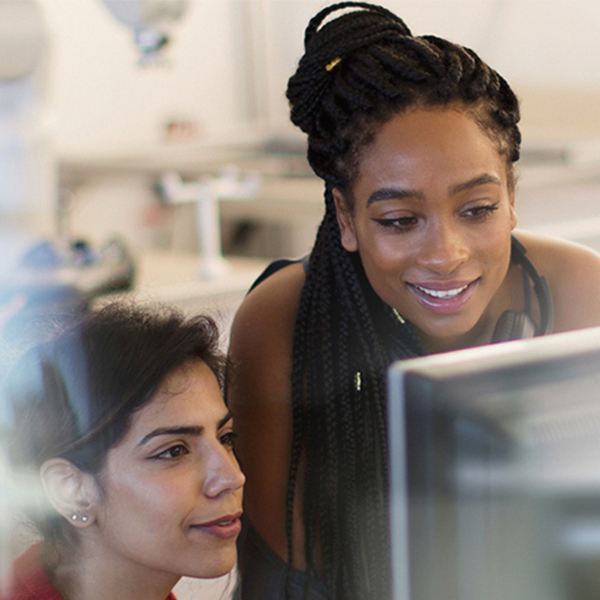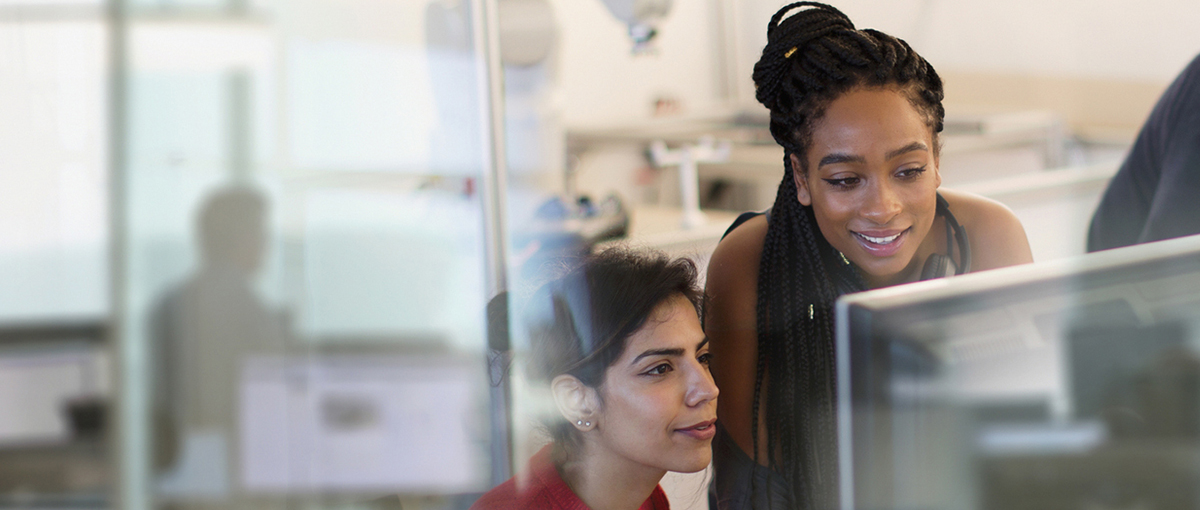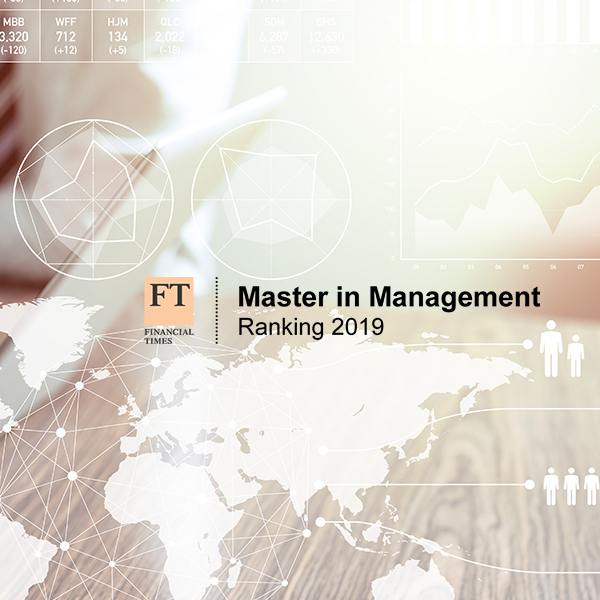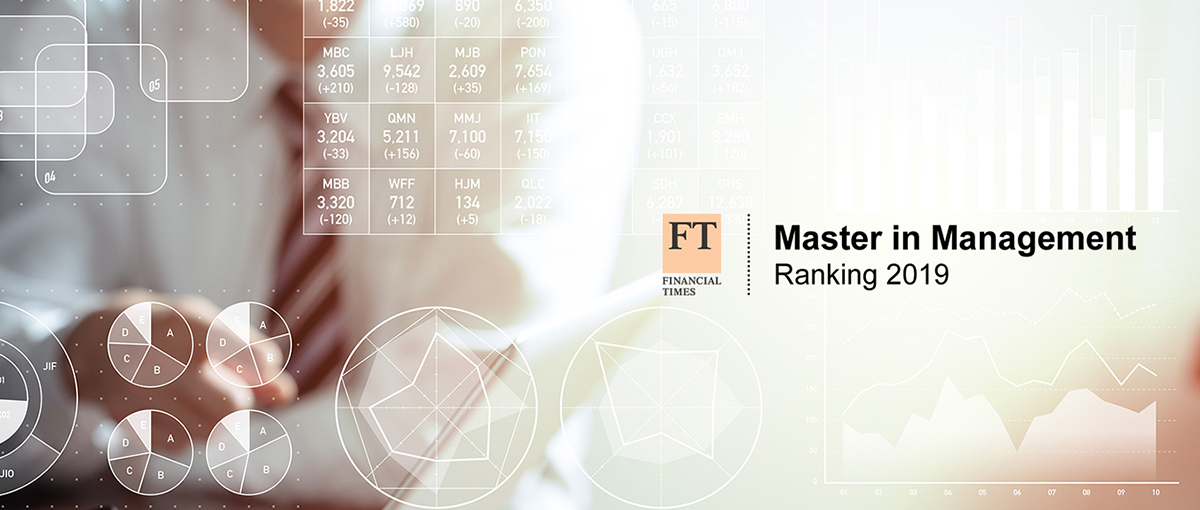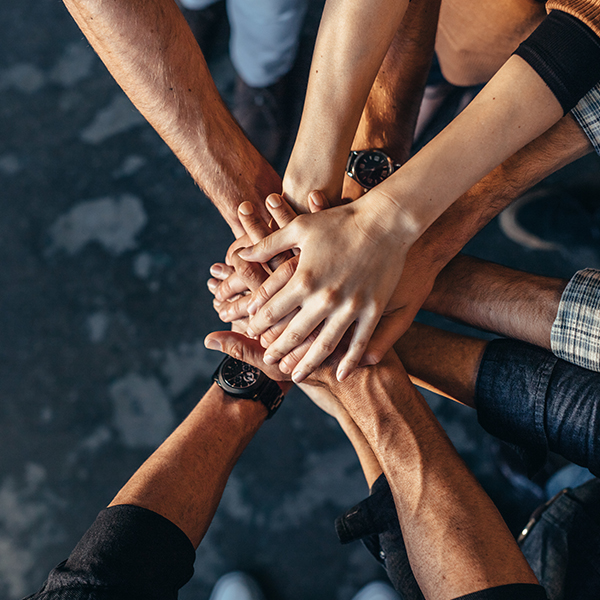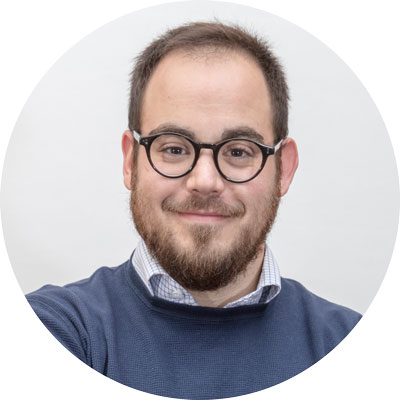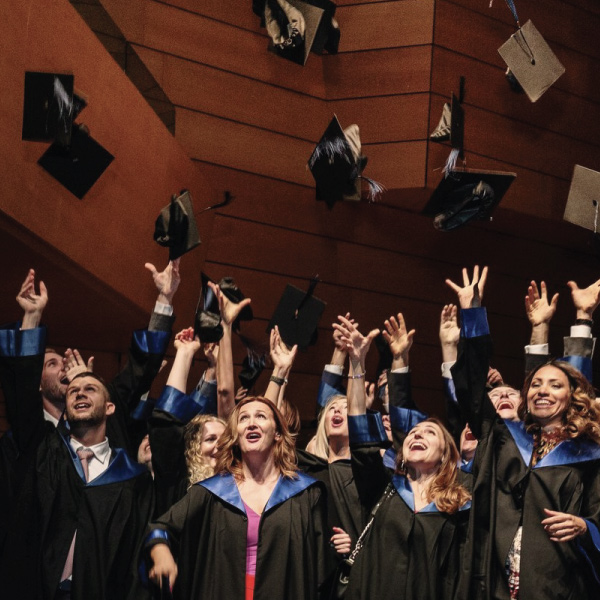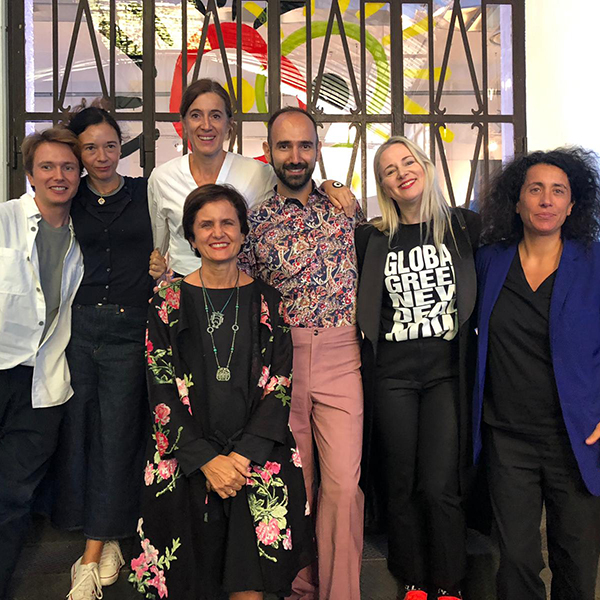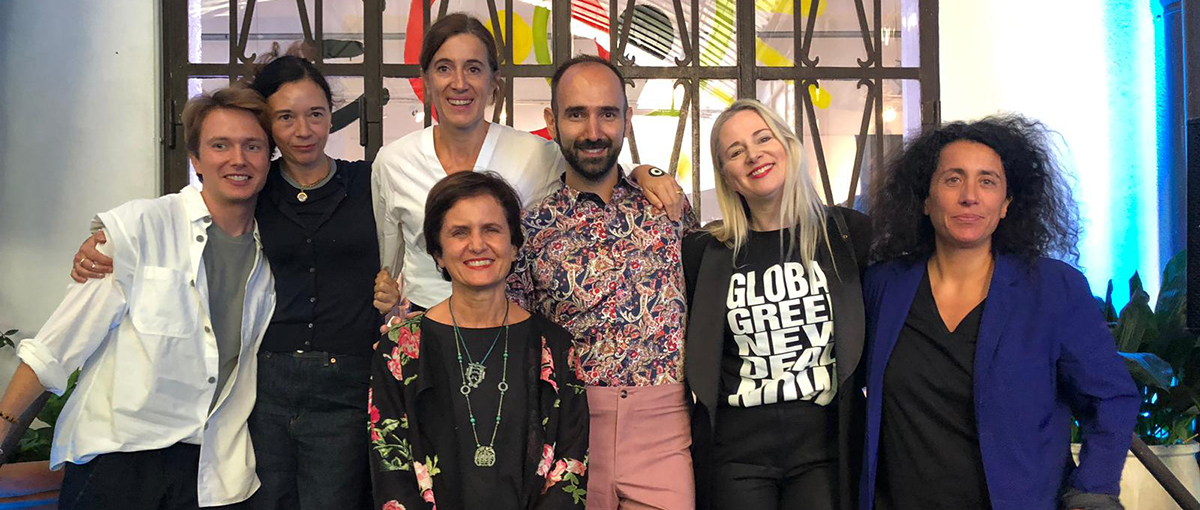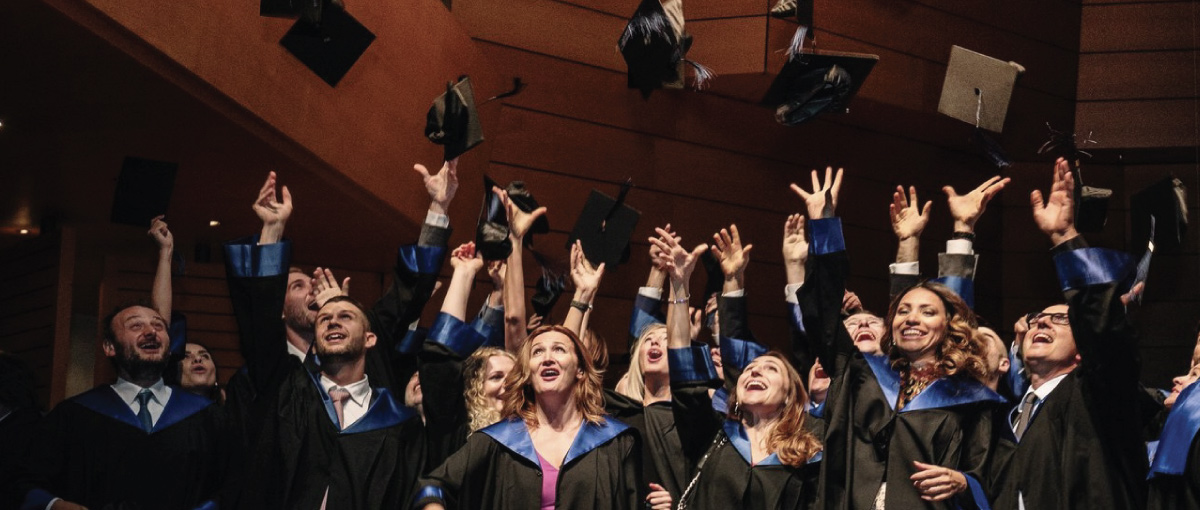
Tossing your mortarboard in the air is the triumphant symbol to celebrate a new success hanging on the personal “wall” of one’s academic and professional life. I have always considered it as a moment of strength and integrity, while figuratively, the mind is flying high on the horizon but the feet are rooted on the ground to seize new opportunities. My dear 2017 International Flex EMBA classmates at MIP Politecnico di Milano Business School, TOGETHER WE DID IT! From today we are MIP Alumni. Congratulations to everyone!
It is not by chance that I chose this title for my last article as a MIP student. People might be concerned about the social networking aspect when talking about online study programs. I was, too, at the very beginning of this journey. But, reaching at the end of this wonderful and challenging experience, I am glad about the decision I made two years ago. Today, more than ever, I know the real meaning of these few simple words “people define our experience”. It doesn’t matter where you come from or what your background is, it is of little importance how often you meet someone in person, what really matters is the effort you put into a relationship and how open you are to learning something new from everyone you encounter during your life.
To explain the importance of networking better, I will cite one of my classmates, Jevan Malan from South Africa, who said: “The Full-Time MBA students may know each other better because of the extra time they spend together, but I don’t believe that their relationships are more real than ours. I don’t think it’s necessarily easier or more difficult to socialize online, it’s just different, because all relationships take some form of effort from all parties, irrespective of whether meetings are in a real class or a virtual one”.
Bonding and socializing are matters of culture, value, tradition and, of course, personal commitment. During these EMBA studies, I have had the chance to meet two other MBA classes: during one week in Milan with the MIP Politecnico di Milano 2018 Full-Time MBA class and the second in Provence, with the 2018 Part-Time EMBA class at the Aix-Marseille Graduate School of Management. These two experiences were completely different in terms of the learning process and social activity while, at the same time, both were great experiences from the point of view of my academic and professional networking. Having said that, the decision to go for an Executive MBA is based on a mix of personal factors and circumstances. Like many of my peers, I had to work to finance my studies; my opportunities were therefore limited to part-time or online programs. I decided on the online program and, in making this decision, I tried to put in the maximum commitment so as to gain the greatest benefit. This is so important. It is a relationship where you must give in such a manner as to get what you want out of it, to enlarge your own personal compass and to get the best return possible from your investment.
I am not sure about other online-class experiences, but I am trying to share our own experience, where almost everyone contributed in turn to make the online collaborative learning process at MIP so valuable, joyful and unforgettable. I may say we were lucky, because the synergy of the group was formed from the very beginning, during the first kick-off week in Milan. The positive energy created during that week was the fuel essential to motivating us for a long time, to make us put all our efforts into this online study program, while working and fulfilling family responsibilities. During the whole program we proved to be a real team by gaining and sharing knowledge, by helping and supporting each other in achieving tasks and deadlines, by being joyful in celebrating each other’s personal and professional achievements and, more importantly, by caring for each other in difficult moments in our personal lives. Behind the professional suits, we are all human beings!
Of course, the emotion you get when meeting in person is something very special and unique. No means of communication will ever replace the warmth of a hug. That’s why, during our EMBA program, MIP offered us several occasions on which to choose times, based on our availability, for meeting up with all our classmates, or at least some of them. Finally, during the graduation ceremony, we had the chance to meet each other’s loved ones in person. It feels like we have known each of them for a long time, because they have been part of our online meetings and discussions. Without their support and encouragement, it is almost impossible to succeed in such demanding undertakings. I am proud of my family and humble too; they have always been with me, they had my back, supporting, pushing and inspiring me during this winning path. Together in difficult and joyful moments, they have been the source of my strength, my courage and my motivation: united, we can always do better!
Last, but not least, my gratitude goes to MIP Politecnico di Milano for giving us the opportunity to grow and improve. Thank you, MIP professors and all the staff, for supporting and facilitating our learning process. What I take with me from this amazing journey, other than great memories, is the passion for innovation, the respect for diversity, integrity and the importance of failure. Every experience, encounter and failure is there to strengthen us to be more of who we are. As Mandela said: do not judge me by my successes, judge me by how many times I fell down and got back up again! The best is yet to come …
About the author
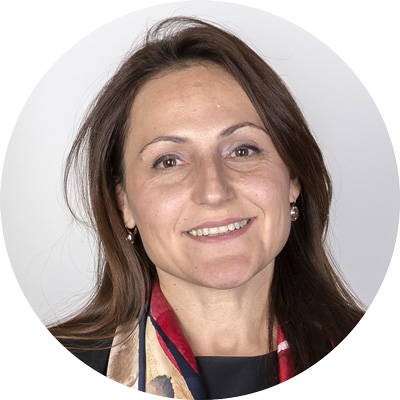
|
Elivar Golemi
Elivar Golemi is an Albanian candidate at MIP International Flex EMBA. She is working as an Executive Director in the dairy industry, after a long experience in the banking system. Skilled in Financial Analyses, Risk Management and Internal Audit. Nature lover, passionate photographer and mountain climber. |
